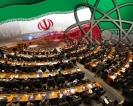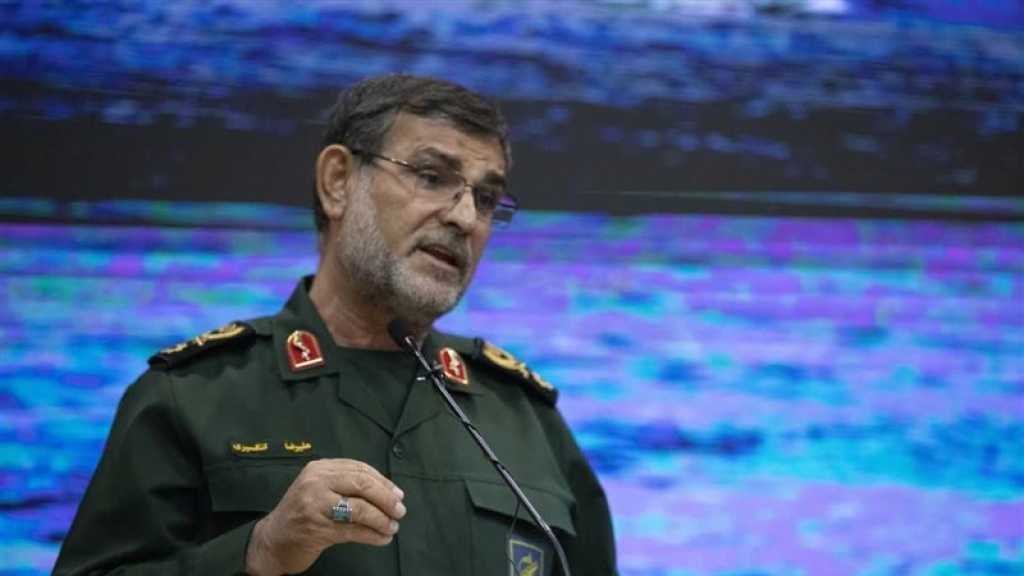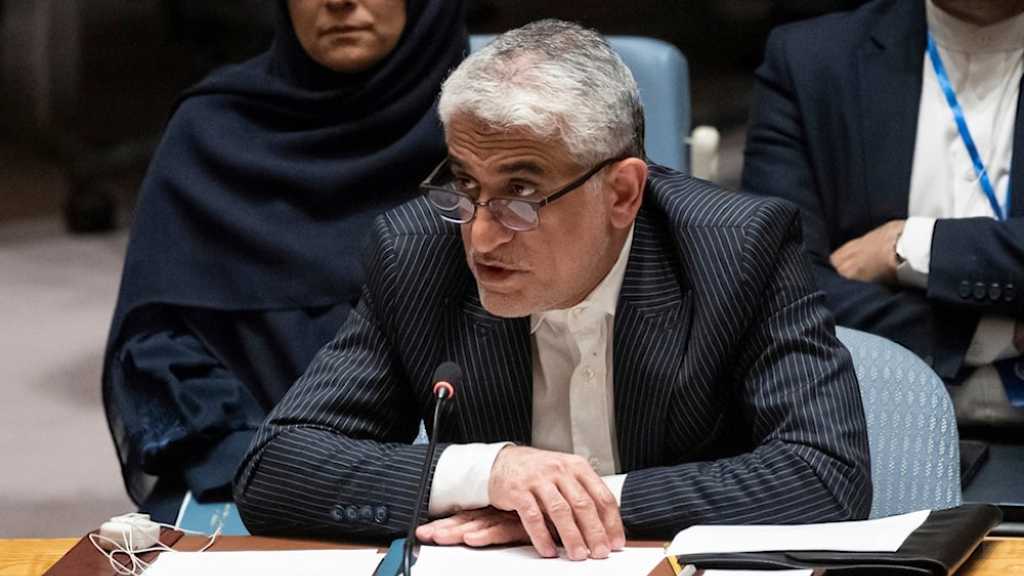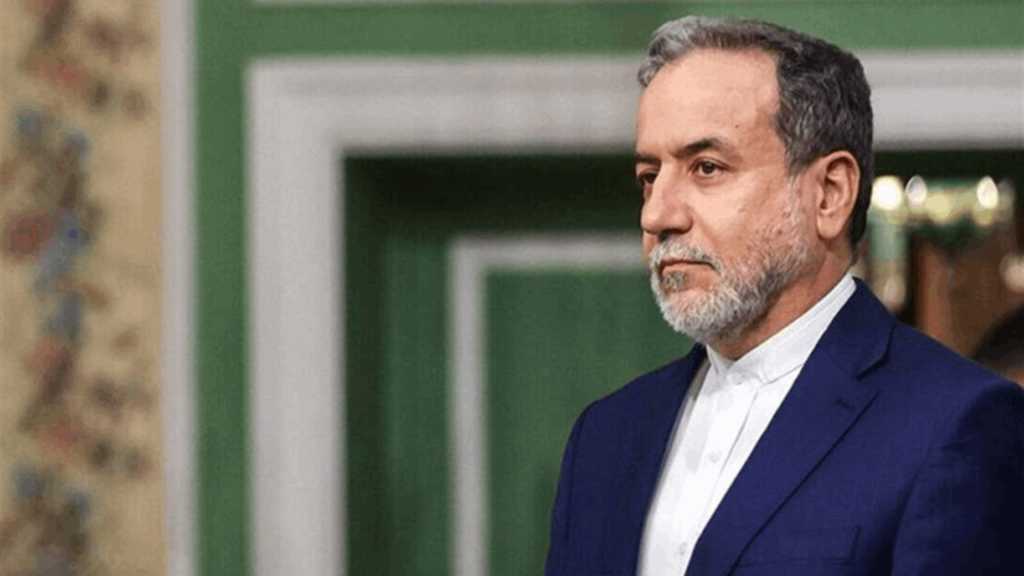
UN Approves New Sanctions on Iran with 12 Votes in Favor, Brazil and Turkey Oppose

Local Editor
The UN Security Council approved on Wednesday a US-drafted sanctions resolution against Iran. Such approval comes for the fourth time in four consecutive years.
The vote in the 15-member council was 12 in favor, with Brazil and Turkey voting against, and Lebanon abstaining.
After awaiting their governments' decision, Brazil, Turkey, and Lebanon attended the meeting, but insisted on speaking before the vote to register their opposition.
"We do not see sanctions as an effective instrument in this case," Brazil's UN Ambassador Maria Luiza Viotti said.
United States, Britain, France, and Germany called for tougher measures, some include targeting Iran's energy sector.
However, Beijing and Moscow worked hard to dilute the steps proposed in a 10-page draft.
Following the meeting, US Ambassador to the UN Susan Rice immediately hailed the vote, While US President Barack Obama pointed out that the new range of nuclear sanctions on Iran did not close the door on diplomacy with the Islamic Republic.
Knowing that Iranian President Mahmoud Ahmadinejad have previously stated on Tuesday that Tehran will not proceed negotiations over its nuclear work with the West if new sanctions against Tehran are adopted.
In response, Iranian President said these sanctions should be "thrown in the dust bin," the ISNA news agency reported.
UN imposed such sanctions on Iran four years in a row.
For his part, as these sanctioned were released four times within four years, Tehran's envoy to the UN atomic watchdog Ali Asghar Soltanieh said his country will not halt its uranium enrichment activities in spite of the new UN sanctions.
"Nothing will be changed. We'll continue without any interruption our enrichment activities," Soltanieh told reporters at the board meeting of the International Atomic Energy Agency.
Turkey on the other hand expressed its concern in statement released by the Turkish foreign ministry including, "Turkey is worried that the UN Security Council's decision ... will hurt diplomatic efforts and the window of opportunity for a peaceful settlement of the issue on Iran's nuclear program."
The UN Security Council approved on Wednesday a US-drafted sanctions resolution against Iran. Such approval comes for the fourth time in four consecutive years.
The vote in the 15-member council was 12 in favor, with Brazil and Turkey voting against, and Lebanon abstaining.
After awaiting their governments' decision, Brazil, Turkey, and Lebanon attended the meeting, but insisted on speaking before the vote to register their opposition.
"We do not see sanctions as an effective instrument in this case," Brazil's UN Ambassador Maria Luiza Viotti said.
United States, Britain, France, and Germany called for tougher measures, some include targeting Iran's energy sector.
However, Beijing and Moscow worked hard to dilute the steps proposed in a 10-page draft.
Following the meeting, US Ambassador to the UN Susan Rice immediately hailed the vote, While US President Barack Obama pointed out that the new range of nuclear sanctions on Iran did not close the door on diplomacy with the Islamic Republic.
Knowing that Iranian President Mahmoud Ahmadinejad have previously stated on Tuesday that Tehran will not proceed negotiations over its nuclear work with the West if new sanctions against Tehran are adopted.
In response, Iranian President said these sanctions should be "thrown in the dust bin," the ISNA news agency reported.
UN imposed such sanctions on Iran four years in a row.
For his part, as these sanctioned were released four times within four years, Tehran's envoy to the UN atomic watchdog Ali Asghar Soltanieh said his country will not halt its uranium enrichment activities in spite of the new UN sanctions.
"Nothing will be changed. We'll continue without any interruption our enrichment activities," Soltanieh told reporters at the board meeting of the International Atomic Energy Agency.
Turkey on the other hand expressed its concern in statement released by the Turkish foreign ministry including, "Turkey is worried that the UN Security Council's decision ... will hurt diplomatic efforts and the window of opportunity for a peaceful settlement of the issue on Iran's nuclear program."
- Related News



